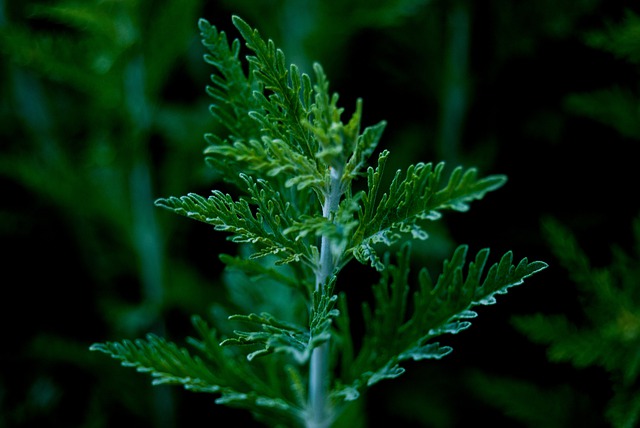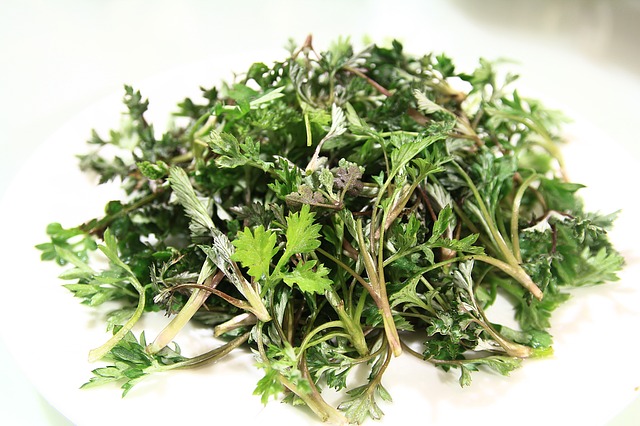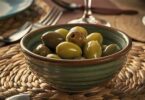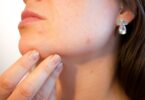There has been a lot of talk about Artemisia lately.
Yet, it can hardly be termed as a novelty in the world of herbal remedies.
Artemisia indeed has a long and consistent history of use in Traditional Chinese Medicine (TCM). It has also been known in Ayurveda (Traditional Indian Medicine) for a common indication that is very interesting to us; treatment of intermittent fevers. Fevers that subside and come back at regular intervals.
Just like malaria.
Given the prevalence of malaria in our part of the world, it therefore sounds like a good idea to put a serious focus on a herb that can boast such a reputation.
DESCRIPTION
Artemisia annua, also known as Annual Mugwort is a herb of the Asteraceae family. It grows in shrubs that can reach up to two metres.
The leaves, pungently aromatic, are very differentiated, dark green in aspect with a silvery sheen to them.

RESEARCH AND FACTS
Since 1969 when she started her research on Artemisia till 2015 when she was awarded the Nobel Prize in Medicine for her findings, Tu Youyou has gathered a lot of information on Annual Mugwort.
Artemisia yields artemisinin whose derivatives are potent antimalarial drugs. Artemisinin is known to act against multi-drug resistant malaria and acts on P. Falciparum, the plasmodium that causes cerebral malaria. The rates of success in treatments with artemisinin go as high as 79%.
Recommended in 2001 by the WHO (World Health Organisation) artemisinin has been the active substance in numerous antimalarial drugs.
But we must note that because of the fact that only one molecule of Artemisia is used, the door is left open to the possibility of not reaping all the benefits of the herb.
Artemisia indeed contains some four hundred molecules, with more than twenty of them showing antimalarial activity.
Hence, the question: why not use the whole herb in its natural form?
USE AND DOSAGE OF ANNUAL MUGWORT

Even though the action of Artemisia has been sufficiently proved, caution must be exercised in use and dosage. Only provided that condition, can we obtain optimal effectiveness and safety.
To fail to observe the appropriate course and dosage of the treatment, is to run the risk of killing only the weakest plasmodium and let the fittest survive and develop resistance through mutation.
The following protocol is based on the research conducted by :
– ANAMED, ONG ( Maison de l’artemisia, Benin) Lucille Cornet- Vernet,
and
– Stephen Buhner (United States of America) on anti-parasitic herbs.
* DURING A MALARIA ATTACK :
– 5 to 10g of leaves per day, to be prepared as an infusion in a covered container.
To be taken throughout the day.
It is advised to repeat the treatment after two weeks, to make sure that the plasmodium is totally eradicated
* AS A PREVENTION
– 5 to 10g, two times in a week, during the rainy season.
Take note that it is possible to prepare the mugwort in milk instead of water. The lipids present in the milk allow a better extraction of the active substances present in the herb.
In summary, Artemisia annua can be considered as an excellent option of treatment in areas of endemic malaria.
It combines effectiveness with comparatively low cost of treatment.
No justification then for letting malaria prevail any longer.
Let’s oust malaria from our lives!







Leave a Comment